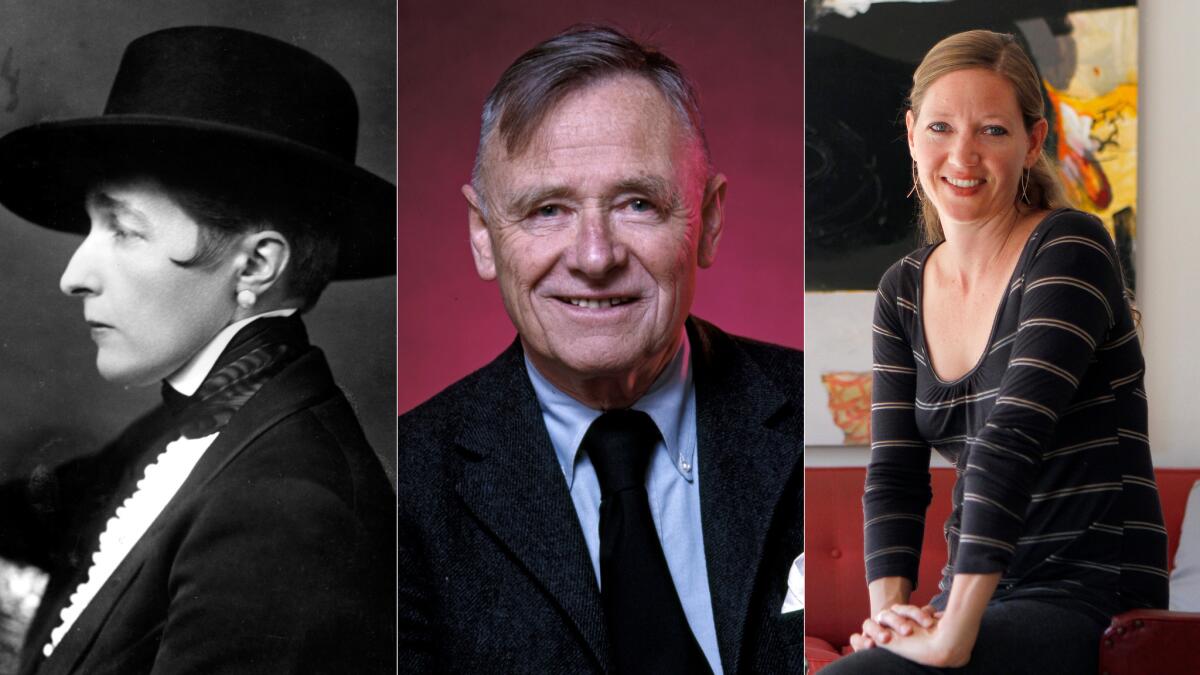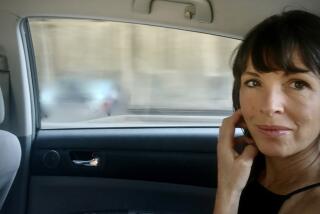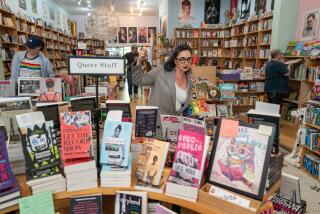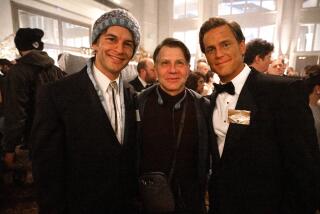What to do after Orlando: Read LGBTQ stories

We are still hearing voices resonating from the mass shooting that occurred in Orlando, Fla., on June 12. There is narrative after narrative: stories of the dead and the injured, some of whom were outed to their parents; the gunman’s obsessions; the tales of survivors and the friends of the dead. But none of the stories we’ve heard makes the hate crime more comprehensible.
In such times, if literature can provide few answers, it can be a solace. On that Sunday, every time someone hashtagged #Orlando on Twitter, my mind flew to another Orlando, the hero/ine of Virginia Woolf’s 1928 novel. In “Orlando,” a born nobleman skates his way through the centuries, mysteriously becoming a woman along the way. With feminist and queer undertones, it has been a beloved of women’s and gender studies departments for years, as well as an LGBTQ classic.
Another that we may turn to in this time of grief is “The Berlin Stories” (1945) by Christopher Isherwood, in which he describes his narrator’s friendship and love triangles. Other books that predate the Stonewall riots — such as “The Well of Loneliness” by Radclyffe Hall, “Breakfast at Tiffany’s” by Truman Capote and “The Price of Salt” by Patricia Highsmith — feel like the classics of the LGBTQ world, maybe because they all share a vagueness when it comes to love between those of the same sex or gender. Yet that lack of the explicit was, and is still, painfully familiar; anyone who’s grown up questioning, whether in a hostile environment or not, has learned to sniff out and recognize gay themes and hints of same-sex attraction.
Beyond these, however, there is so much contemporary work that is itching to be read, to be embraced as part of our healing process as a community or appreciated anew by allies. In fiction, we have Michael Cunningham’s 1990 novel “A Home at the End of the World,” which explores the boundaries of friendship and polyamory. There are nine wonderful “Tales of the City” novels by Armistead Maupin, which are a window to the gay life in San Francisco, including the AIDS epidemic, which Maupin addressed as early as 1983.
Two 2016 novels speak to the tragedy in Orlando because of their different approaches to LGBTQ spaces (like the Pulse nightclub): “What Belongs to You” by Garth Greenwell and “Arcade” by Drew Nellins Smith. The former deals with a transactional affair between a sex worker and an American expat in Bulgaria who meet at a cruising spot in Sophia; from that point forward the book focuses on the liminal spaces between their desires, their needs and the lives they inhabit outside of one another. The latter is somewhat reminiscent of John Rechy’s 1963 novel “City of Night,” whose unnamed narrator chronicles sexual exploits in New York, San Francisco and Los Angeles. In “Arcade,” Smith narrows to a Texas town where an emphatically lonely gay man — who isn’t entirely out to himself, let alone to others — goes to an adult entertainment store that is a front for a cruising scene, a story partly based on his own experiences.
In nonfiction, two standout books that are especially beautiful are Maggie Nelson’s “The Argonauts” and Ana Castillo’s newest book, “Black Dove.” Nelson won the National Book Critics Circle prize for criticism with her memoir, or “authotheory” as she calls it; the book traces her developing relationship with the gender-fluid artist Harry Dodge, her pregnancy, and the difficulties and beautiful moments of creating an atypical, nonconforming family. “Black Dove” is a collection of essays about different parts of Castillo’s life, including single motherhood, her son’s incarceration and her rediscovery of Mexico, her ancestral home. She also confirms what she never had before in writing: her bisexuality. After a tumultuous relationship with an unnamed but well known academic woman of color, rumors circulated that she had returned to the closet because she later married a man. Castillo denied this then and still does, as after her divorce she had relationships with women and men alike.
Now, more than ever, we should listen to women like her, listen to all these voices, and celebrate the unique stories told by LGBTQ people.
Masad is a fiction writer and reviewer living in New York City whose work has appeared in the New Yorker, Broadly, McSweeney’s, the Chicago Tribune, Electric Literature, Tin House and Hobart.
More to Read
Sign up for our Book Club newsletter
Get the latest news, events and more from the Los Angeles Times Book Club, and help us get L.A. reading and talking.
You may occasionally receive promotional content from the Los Angeles Times.








